Building a strong and effective workforce is a cornerstone of business success. The qualities you seek in potential hires can greatly impact your company’s performance, culture, and growth. In this extensive blog post, we’ll explore the desirable qualities that make up a hirable workforce. Each insight is substantiated with references to ensure you have a well-rounded understanding of the topic.
Adaptability and Flexibility
In a rapidly evolving business landscape, adaptability and flexibility are key. Look for candidates who can embrace change, pivot when necessary, and thrive in dynamic environments1. These individuals are more likely to contribute to your organization’s innovation and growth.
Reference:
2. Strong Communication Skills
Effective communication is at the heart of successful teamwork and collaboration. Seek candidates who can articulate their thoughts clearly, listen actively, and convey information in a manner that fosters understanding2. Strong communicators enhance productivity and reduce misunderstandings.
Reference:
3. Problem-Solving Aptitude
Problem-solving is a critical skill in any role. Look for candidates who can analyze complex issues, devise creative solutions, and make well-informed decisions3. A workforce with strong problem-solving abilities can address challenges effectively.
Reference:
4. Emotional Intelligence
Emotional intelligence (EQ) is increasingly valued in the workplace. Candidates with high EQ can navigate interpersonal relationships, manage conflicts, and demonstrate empathy4. They contribute to a harmonious and emotionally healthy work environment.
Reference:
5. Strong Work Ethic
A strong work ethic is a timeless quality. Seek candidates who are diligent, dependable, and committed to delivering their best effort consistently5. These individuals are more likely to drive productivity and contribute to a positive workplace culture.
Reference:
6. Leadership Potential
Even in non-leadership roles, leadership potential is valuable. Look for candidates who exhibit qualities like initiative, the ability to inspire others, and a willingness to take ownership6. These individuals can become future leaders within your organization.
Reference:
7. Cultural Fit
The importance of cultural fit cannot be overstated. Look for candidates whose values, work style, and personality align with your company’s culture7. A cohesive and harmonious work environment fosters productivity and employee satisfaction.
Reference:
8. Continuous Learners
In today’s knowledge-based economy, the ability to learn and adapt is paramount. Seek candidates who are committed to ongoing learning and self-improvement8. These individuals can help your organization stay competitive and innovative.
Reference:
9. Tech Savvy
In an increasingly digital world, technological proficiency is a valuable asset. Look for candidates who are comfortable with technology and can adapt to new digital tools and platforms9. Tech-savvy employees can enhance efficiency and innovation.
Reference:
10. Diverse Perspectives
Diversity of thought and background can drive innovation and problem-solving. Seek candidates from diverse backgrounds who can bring unique perspectives to your team10. Embracing diversity fosters creativity and inclusivity.
Reference:
Conclusion
Building a hirable workforce involves identifying and nurturing individuals with a diverse set of qualities and skills. By valuing adaptability, communication, problem-solving, emotional intelligence, work ethic, leadership potential, cultural fit, continuous learning, tech proficiency, and diverse perspectives, you can create a thriving and resilient team that contributes to your organization’s success.
Remember that the qualities you seek should align with your company’s specific needs and goals. By carefully considering these qualities during the hiring process, you can assemble a workforce that not only meets your current requirements but also prepares your organization for future challenges and opportunities.
Footnotes
Harvard Business Review, “How to Hire for Adaptability,” June 2019
The Balance Careers, “Why Employers Value Communication Skills,” May 2021
Entrepreneur, “The 10 Most Important Work Skills in 2020,” December 2019
Harvard Business Review, “What Is Emotional Intelligence?,” November 2015
The Balance Careers, “Top Soft Skills Employers Value With Examples,” March 2021
Forbes, “The 10 Most Valuable Skills To Put on Your Design Resume,” August 2020
Harvard Business Review, “Does Cultural Fit Really Matter?,” January 2017
Harvard Business Review, “The Best Ways to Hire for Potential,” April 2021
SHRM, “Is Your Digital Talent Ready for the Future of Work?,” March 2021
Forbes, “How To Build Diversity In The Workplace,” September 2020



